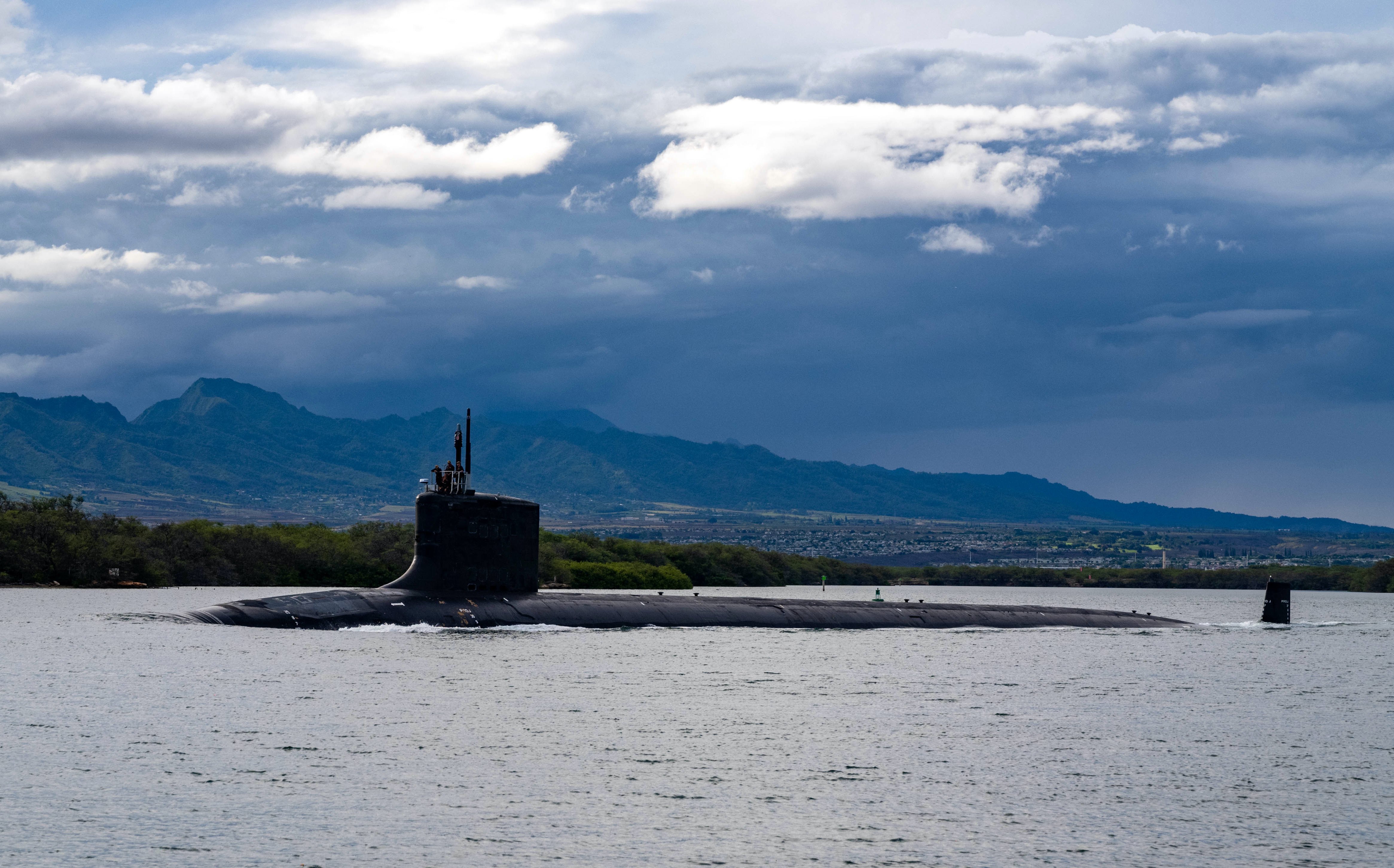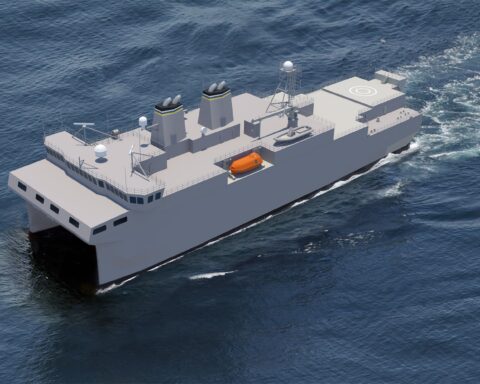The following is from the July 16, 2013 Congressional Research Service report on Bahrain. The U.S. has close ties to the country in the Persian Gulf. The Navy’s U.S. 5th Fleet Headquarters is in Bahrain.
The Obama Administration has not called for an end to the Al Khalifa regime, but it has criticized its human rights abuses and urged it to undertake more substantial political reform. The U.S. criticism has angered some Al Khalifa officials but it has also dissatisfied human rights activists who assert that the United States is downplaying regime abuses because of U.S. dependence on the security relationship with Bahrain. Bahrain has provided key support for U.S. interests— particularly the containment of Iran—by hosting U.S. naval headquarters for the Gulf for over 60 years.
The United States signed a formal defense pact with Bahrain in 1991 and has designated Bahrain a “major non-NATO ally,” that entitled it to sales of sophisticated U.S. weapons systems. Partly to address criticism from human rights advocates and some Members of Congress, in 2011 the Administration put on hold a proposed sale of armored vehicles and anti-tank weapons. Since 2012, the State Department has held up some sales of small arms and light weapons that could potentially be used against protesters. In mid-May 2012 the Administration announced that it would proceed with the sale of other arms sales to Bahrain that it can only use for external defense.





